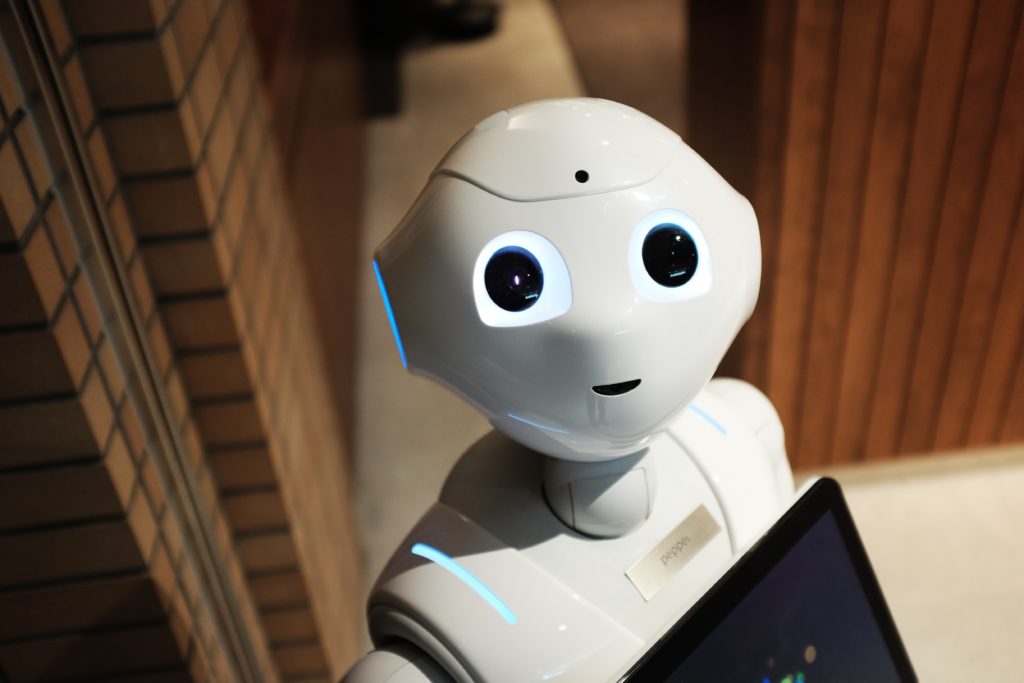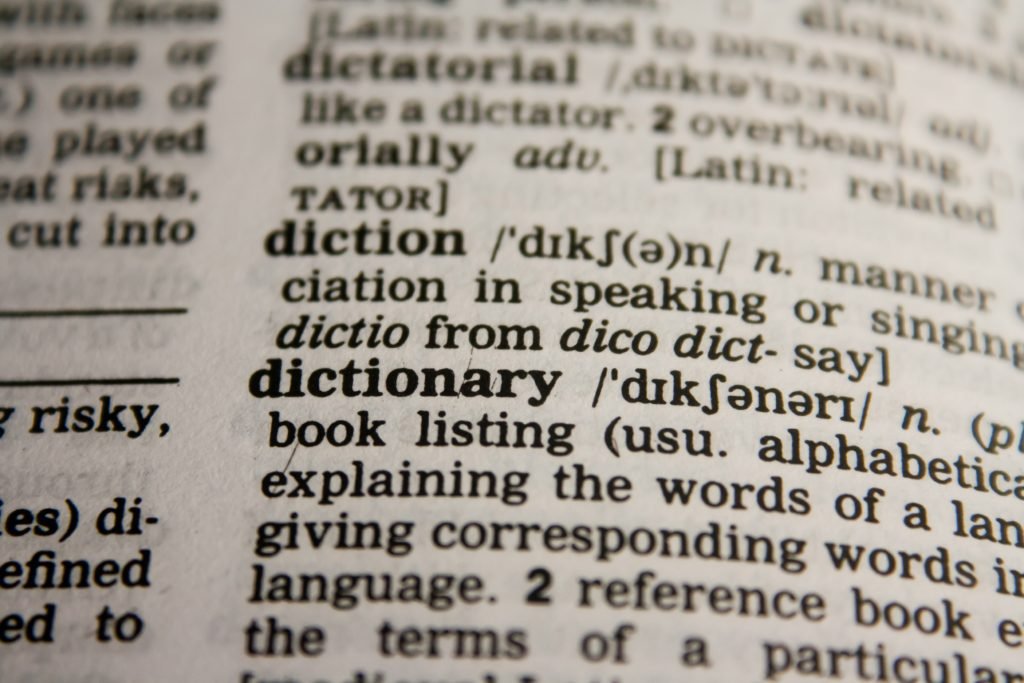© 2000-2025 - Enkey Magazine - All rights reserved
ENKEY SNC - VAT ID IT03202450924 / REA Code CA253701 - Phone. 078162719
Who never dreamed while watching Matrix to be able to put in the back bone and a plug and to learn, between the fighting technics and to know how to pilot an elicopter, a foreign language? Unfortunatelly, being this technic still out of reach, you probably already used some online translators!
Matrix was right
Matrix was right about one thing: sometime the machines will become intelligent.
The online translators are focused infact on the system of “machine learning”. It isn’t a passiv process, it is all the contrary.
The machines, in this case the online translators, infact work thanks to an algorithm that is focused on the digiting of the human behaviours. Basically the algorithm is the mathematics description of our way to work. In this case it describes so how the human brain works during a translation.

The war of the machines: Deepl against Google translate
Loved, hailed but often even hated, the online translator Google Translate entered with the force inside our daily life as a necessary support instrument.
Right when we thought to cannot do without Google Translate, here you have that a small german company defeated the marketplace with the creation of the program Deepl.
Deepl is a free online translator, very easy to use and that has a great quality of translation. If Google Translate was mostly a support for the work, Deepl becomes a real instrument, even in the free basic version.
Tom Thumb of the online translators, Deepl beats the giant
The force of Deepl is right in the synergy between human and machine.
This online translator is focused infact on the system of “machine learning”. An algorithm mimics the human behaviour during the process of translation, by allowing to the machine to create texts that seems very natural.
The machine works thanks to a super computer based in Island. The difference with Google Translate though is that Deepl has a team of specialized human translators, that work 7 days a week and 24 hours a day to help the computer work.

Online translators that learn from their errors
Thanls to the cooperation of artificial and human intelligence, we can notice how the quality of the translations of Deepl is very high. The translated texts are very natural, even the translation toward the Italian, which is often careless by the online translators.
Furthermore Deepl is even able to learn from its errors. The program allows the possibility to look for the synonym of a word, in case we notice that it’s wrong translated, and to choose between many options, which are more suited with the context. The program records the corrections proposed by the human user, by improving the future translations in similar contexts.
Microsoft, between the two litigants the third enjoys?
Between the many online translators available online, we cannot mention Microsoft translator. Even though we can think that Microsoft is a guarantee of quality, in this case, their online translator, even if it is fast, doesn’t seem to be on a par of their competitors.
After few simple tests, we notice how the quality and the naturalness of the translations of Microsoft translator are surely less than the ones of Deepl and the ones of Google Translate.
Microsoft saves itself by offering specific services for the business or the schools like the simultaneous translation of conversations or lessons with subtitles, but it must work very well to recover on the marketplace of the online translators.
The artificial intelligence of the online translators
The human fear that the machine can once passed the human, is inner in our specie. On the web we notice infact how many articles defend all the classic offices of translation.
The truth is that the online translators, even though they are very efficent, can, for the moment, only support the real translator, because it is our imperfect nature to make us unique.
This post is also available in:
 Italiano
Italiano


